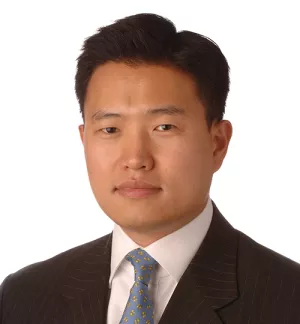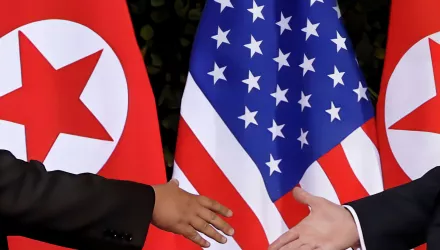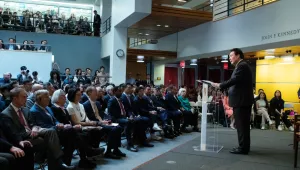Chairman Barr, Ranking Member Moore, and Members of the Subcommittee, it is an honor to appear before you today to discuss how to restrict North Korea’s access to finance to prevent the country’s weapons development. I’m particularly honored to be on the panel with Mr. Bill Newcomb, who has mentored me and many others in researching the North Korean regime’s illicit activities.
As requested by the Subcommittee, I’ll be providing a summary of my research into the North Korean regime’s accumulated learning in evading sanctions – particularly through its elite state trading companies, commercial partners in China and Southeast Asia, and the nesting of illicit procurement within licit commercial activities.
The key takeaway is not that the North Korean regime has been evading sanctions – they’ve been engaged in this activity for decades. Rather it’s the story of how North Korea’s sanctions evasion techniques have improved significantly because of North Korea, Inc.’s migration to the Chinese marketplace. As a result, U.S. policymakers need to factor in these growing gaps and consider under-utilized measures – like Chinese domestic policy tools – to disrupt Chinese-North Korean business partnerships and restrict North Korea’s access to finance.
Park, John. “Restricting North Korea’s Access to Finance.” July 19, 2017




